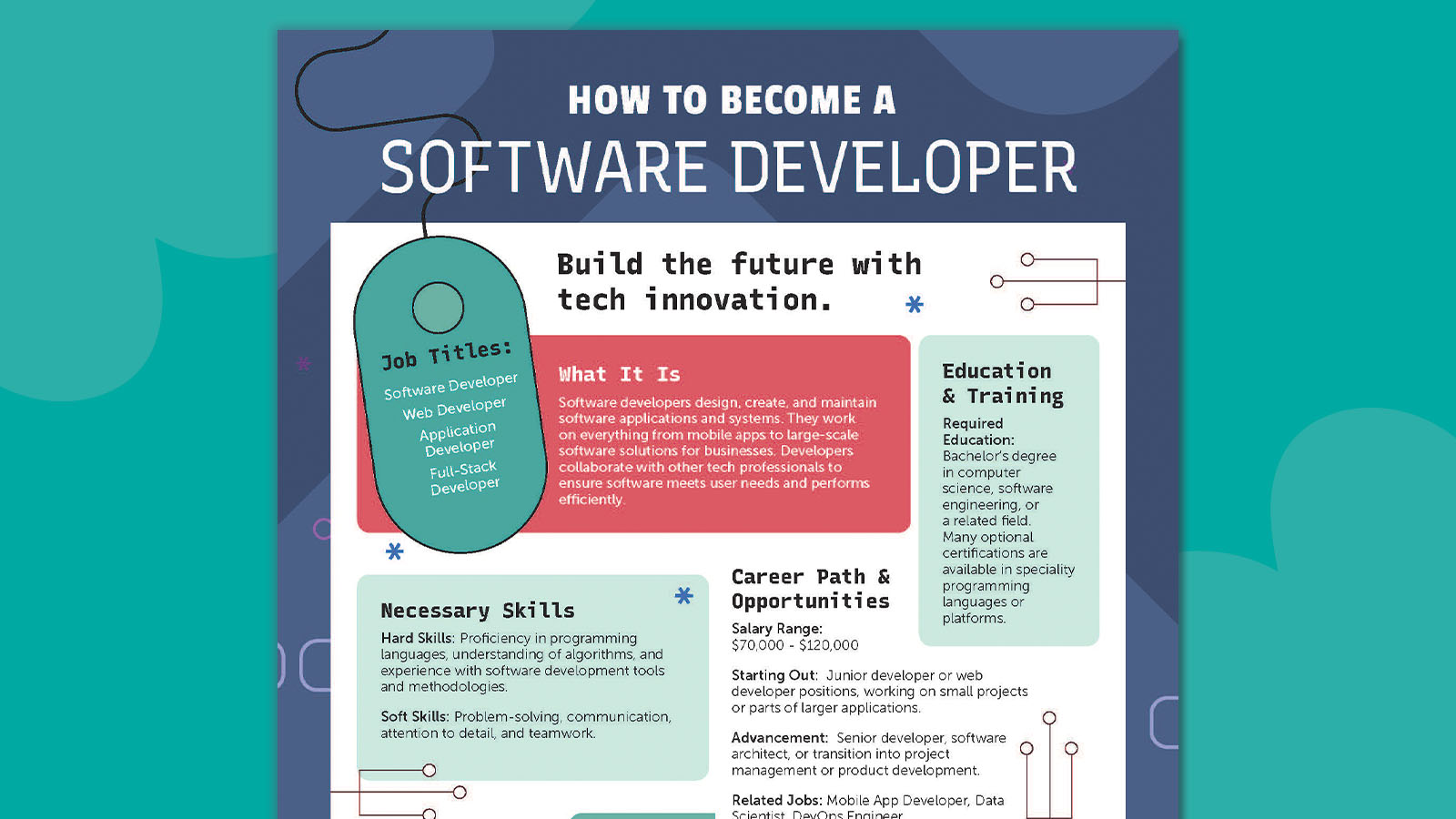Excerpted from Just Read It: Unlocking the Magic of Independent Reading in Middle and High School Classrooms by Jarred Amato. Copyright (c) 2024 by Corwin Press, Inc. All rights reserved.
Every fall, I look forward to the challenge of matching our students with books they don’t want to put down. However, even with comfortable seating, ample book access, consistent time, supportive classmates and a knowledgeable teacher offering recommendations, not all students embrace our reading routine right away. Each student is at a different point in their reading journey. While we can all agree that labels suck, in my experience, many (but certainly not all) students fall into one of three reading categories: instant starters, bike riders and smart skeptics.
Instant starters
Students in this group take off immediately. In fact, they don’t even wait for the timer to begin reading. They know what genres and authors they like, and they have a plan. They can read … and read … and read without getting bored or tired. Students in this group pick up a new book during first-period English, sneak pages during their math lesson (I have to pretend to support the math teacher when they complain that a student “never puts their book down”), stop by my room to read more at lunch and then continue reading at home. When they return the following morning, our conversation sounds like this:
Me: “How’s the book?”
Student: “I already finished it!”
Me: “What?! I assume you loved it?”
Student: “Yup. It was so good.”
Me: “Did you even sleep?!”
Occasionally, the instant starters will ask for a recommendation: “Amato, what should I read next?” And we will head to the shelves and discuss their options. After a few minutes of browsing and chatting, they will return to their seat with a stack of three or four titles. Students in this group also join me in giving impromptu book talks and “selling” their favorites to friends and classmates.
“You have to read this one!”
“Oh, if you liked , then you’re going to love … !”
Bike riders
Many students in this group will tell you they enjoyed reading at one point. They can happily recall positive reading experiences from their childhood. However, as they got older and busier (and reading, for a variety of reasons, became laborious), books no longer fit into their lives. Therefore, it doesn’t take much time for the bike riders to get back into a reading routine. The conversations, although different for each student, tend to have a similar rhythm. We will walk over to the bookshelves where I will ask a few questions:
“What books did you like last year? Or maybe the year before that?”
“What are some of your favorite books of all-time?”
“OK, so what are some of your favorite movies or TV series?”
“Graphic novels or poetry?”
“Realistic fiction or fantasy?”
“What do you think you are in the mood to read now?”
“Hmmm … OK. Here are three that I think you’ll like. Check out the summaries and let me know if any of them look interesting.”
A few minutes later:
Student: “I’m gonna go with this one.”
Me: “Sweet! Great choice. Keep me posted. And if you end up changing your mind and want to grab another one, no worries.”
It may take a few days or weeks, but eventually students in this group hit their stride. For them, reading is just like riding a bike, and hopefully we can push them to try longer and more challenging trails.
“I forgot how much fun reading could be.”
“I haven’t read this much since fifth grade!”
“My mental health is so much better now that I’m not on my phone as much.”
Smart skeptics
Students in this group are justifiably skeptical: Why? Why reading? Why are we doing this? What’s the point? When educators say that “reading is important,” they refuse to just take our word for it. They don’t buy “because I said so.” The smart skeptics need to see evidence. Students in this group, regardless of their reading ability, choose to spend their time in other ways.
“No offense, but I just don’t like reading.”
“None of these books are interesting.”
“Can I do something else instead?”
Instead of getting frustrated, it’s important that we remain patient and flexible with this group. Let’s put our own egos aside and acknowledge that our students’ hesitation is valid. Let’s show our smart skeptics that reading is a worthwhile investment. Let’s continue to build relationships, offer support and be ready when they finally come around.
Jarred Amato is an award-winning English teacher and the cofounder of Project LIT Community, a national grassroots literacy movement. Jarred enjoys reading, writing and laughing alongside young people every day and collaborating with fellow educators to improve literacy access, attitudes and outcomes. Amato is a two-time Metro Nashville Public Schools Blue Ribbon teacher and the recipient of the Penguin Random House Teacher Award for Literacy and the Inspiring Educator Award from the Nashville Public Education Foundation. He received his bachelor’s degree in English and history from Vanderbilt University, his master’s in teaching from Belmont University and his doctoral degree from Lipscomb University. After 13 years of teaching middle and high school English in Nashville, Amato recently relocated to New Jersey, where he and his wife are attempting to keep up with their two-year-old son.
Understanding these three types of readers can help English teachers tailor their interactions with students to spark a love of reading. MindShift






